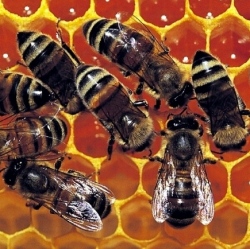
Some would say that fasting for health reasons is unhealthy, depriving the body of nutrients. However, in a study, fasting could actually be good for you, at least if you suffer from problems with your immune system. Researchers recently found that in mice and humans, fasting for several days not only gets rid of old damaged cells, but also stimulates the body to generate stem cells.
The study, which included a Phase 1 trial in humans, revolved around hematopoietic stem cells, which are associated with both the blood and immune system. Mice, and later humans, went without food for two to four days. The result was more drastic than expected: older hematopoietic cells died off and new ones were generated.
Basically, what happens when the body starves is that it tries to save energy. To do that, it starts getting rid of cells that aren’t needed, specifically those that are damaged. In starvation mode, the body also starts getting rid of white blood cells. This triggers the body to think new stem cells are needed, so it generates them.
But that’s not all, fasting also reduces something called PKA, an enzyme recently associated with longevity and the ability of stem cells to convert themselves into different cell types. When PKA shuts down, like it does during starvation, stem cells go nuts and start regenerating, basically rebuilding the immune system from the ground up.
The implications of this research are many. First, this could have an impact on people who receive chemotherapy. Chemotherapy is the best treatment we currently have for cancer, but it takes a toll on the body, leaving a lot of damaged cells in its wake.
The human trial of this study had patients fast for 72 hours before receiving treatment. The results were that those patients’ bodies were better protected against the harsh effects of those chemotherapy treatments.
